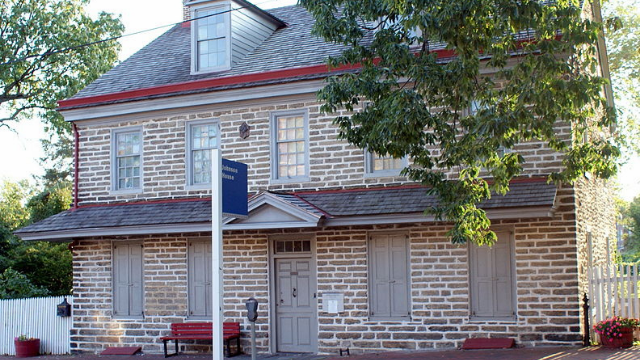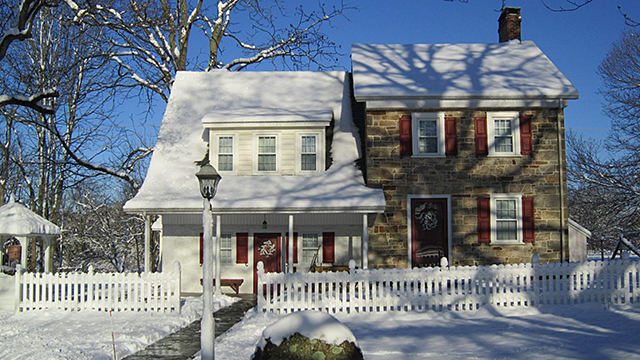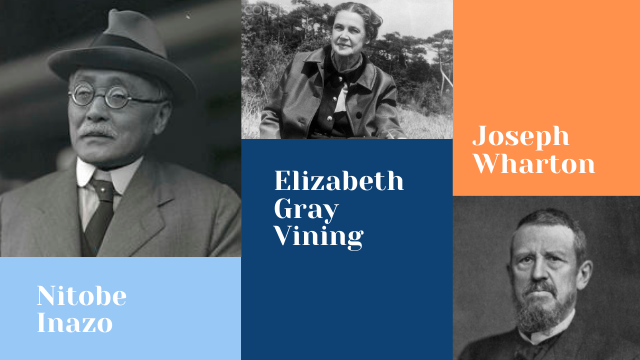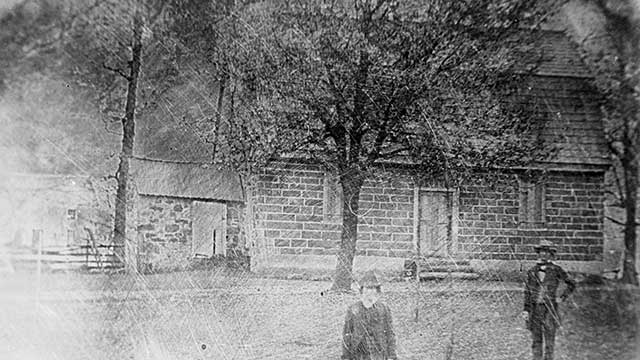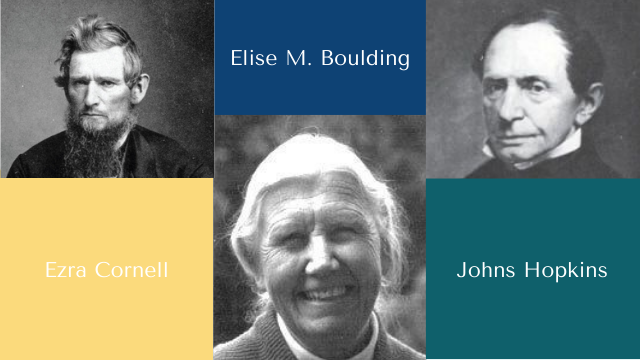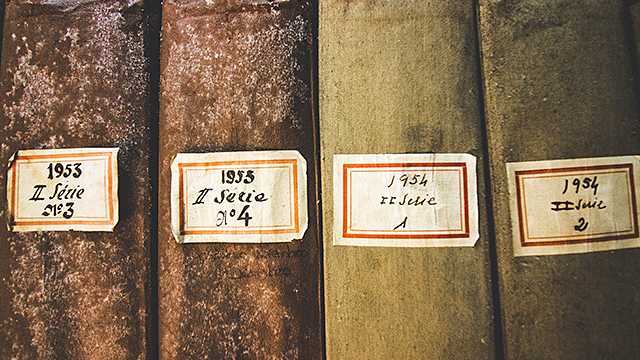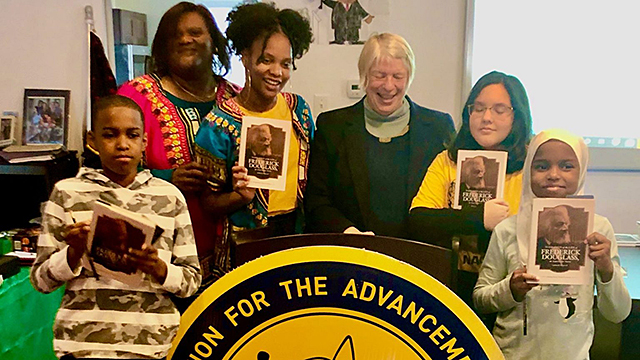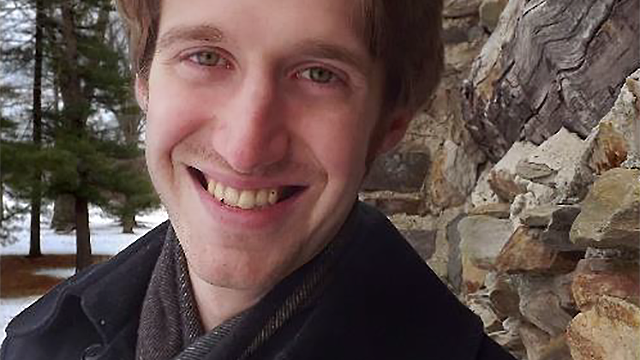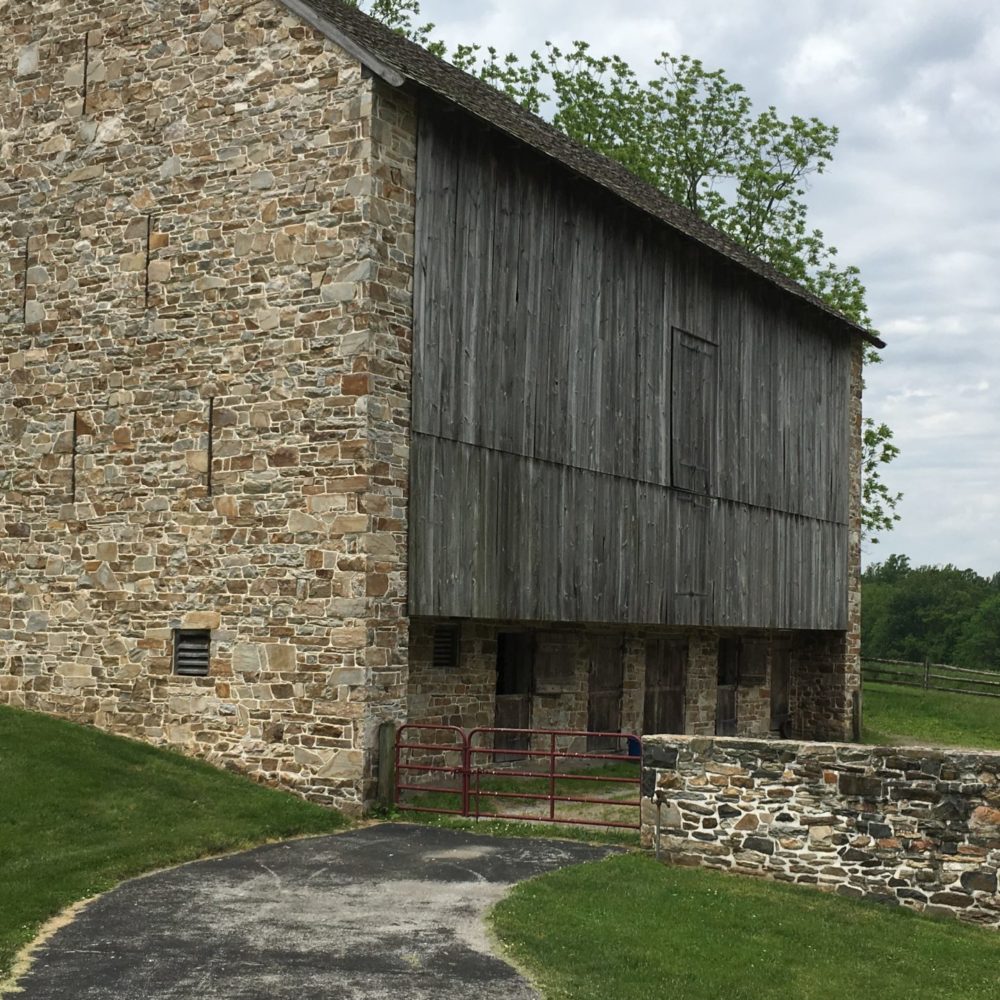The Johnson House is Philadelphia’s only documented, accessible, and intact Germantown stop on the Underground Railroad. It is open to the public as a place of historic importance. Johnson House was built in 1768 and owned by a family of Quaker abolitionists who worked with free and enslaved people to secure a safe passage to freedom for numerous African Americans.
[Read more…] about Quaker Houses: Germantown’s Historic Johnson House
